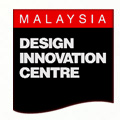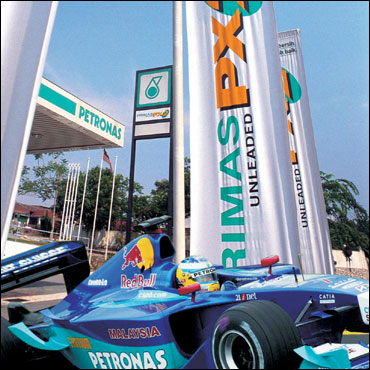Quality. How would you define it? In a product, it is how efficiently it works, how easy it is to use and how pleasing it looks.
If you apply the word to a company, it is how high is its productivity, how creative and innovative are its employees, how good is its after-sales service, how outstanding is its profit margin, how much is invested in research, how committed is it to product enhancement and business innovation.
Apply the same word to a country and the perception changes. The bigger picture relies on factors such as how good is that country’s infrastructure (roads, ports, telecommunications), how good is the level of education, workforce skills and attitudes, managerial talent and social capital.
Quality consciousness must begin in the products we produce for our own people
So how do we achieve a quality image for Malaysia? It is a two-way street where both the public and private sectors have to play their roles well.
The government has a different role compared to that of the private sector.
But what it does and how it performs affects the small businessman in the same way that a poorly produced product will affect the image of the country.
The government itself must be innovative, not just administrative.
Quality consciousness has to begin in the domestic front, in the products we produce at home for our own people.
Export dictates its own terms and Malaysians are capable of producing very high quality products for overseas markets. But we must apply the same standards to what we produce at home, otherwise we can lose entire markets to foreign goods.
Public and private sectors must respond to global changes to maintain sustainability
Both the public and private sectors have to be tuned in to new global trends in all aspects of politics, economics and social development. They need to respond to the changes within their respective areas of involvement.
And their individual responses will be quite different and unique.
Good government relations with other countries benefit trade, but centuries ago it worked the other way around.
It was the merchants and traders who went first and then the governments followed.
Today we have trade delegations to open the way and they result in more exports and more investments. The Malaysian government works well with the private sector and its diplomatic efforts have opened doors for our businessmen to forge new deals in many countries.
Many Malaysian brands are accepted in those countries where Malaysia enjoys good reputation and image.
In many of the developing countries where Malaysia is seen as a role model, our brands are perceived very highly.
But global changes are relentless. The dizzying speed of technology advancement keeps introducing innovative products that change the way business is conducted, that change the way people communicate.
Today one highly creative, techno-savvy person can operate a successful business from his or her home with just a computer and an Internet connection.
Developed countries, like the United States, dictate the pace of how the world develops and thus grow richer in the process. Their economies are driven by creativity and innovation.
Each innovation triggers further innovation, and that in turn fuels further economic growth.
It is a state of being that is embedded in the culture of these countries.
The rules have changed and the competition has heated up. The future is driven by creativity and innovation.
Malaysia has built a good economic foundation that has been developed over four decades.
What we need to do is build upon this success. We have to be more innovative in the way we build our business.
We must produce goods that the world wants to use. We must produce brands that people around the world want to own in the same that they want to own a Swiss watch or a German car.
Today’s business leader must be able to manage creativity and innovation in order to build customer satisfaction and keep the competition out of his way.
The business leader today must be able to think in a creative manner in order to build sustained profitability.
There is mounting globalised competition in the market today, especially from transitional and emerging economies.
We can no longer compete on volume and pricing. We must add value and quality to whatever we make or produce.
Innovation holds the key to building competitiveness.
It has to be a national effort to create more marketable Malaysian brands in order to create an impact in the world. We must benchmark our products against the world’s best.
To succeed, we must utilise ideas that are more imaginative and create products that are more innovative. And it’s best to start with the things we make at home.
However small. However inexpensive.

